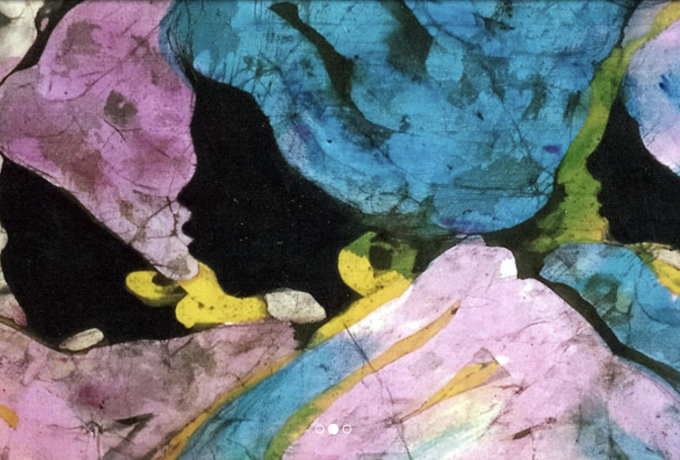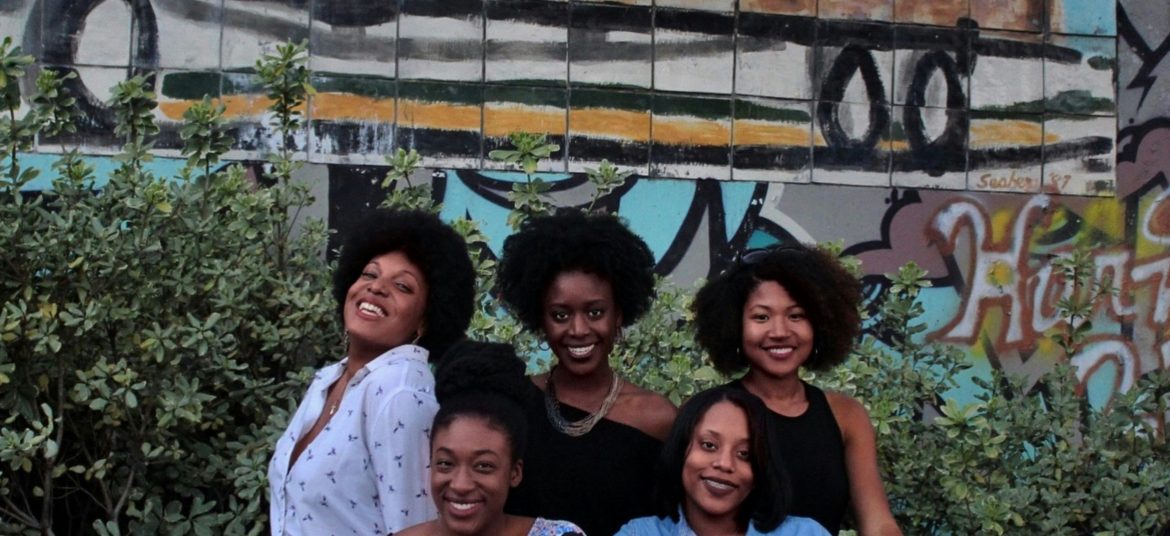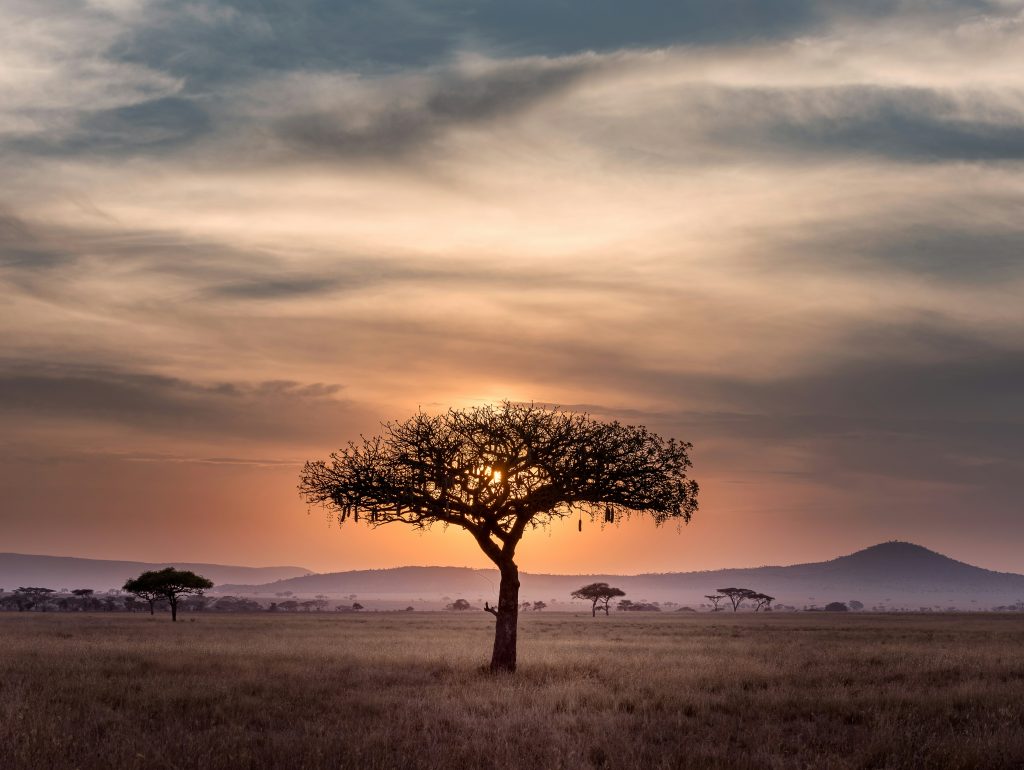“Nature does not hurry, yet everything is accomplished.” ~Lao Tzu

Honoring the First and the Future of Humanity
By C. Clark & ChatGPT
Before there were borders, before the invention of timepieces and flags, before history was carved into stone or pixelated into screens—there was a woman. An African woman. The mitochondrial mother. Scientists call her Mitochondrial Eve, the common ancestor from whom all human beings descend. Her presence, encoded in our very DNA, whispers an undeniable truth: Black women were the beginning. And now, as the world trembles from climate chaos, social unrest, and spiritual disconnection, it’s becoming clear—they may also be the ones to lead us back home.
The First Human: A Legacy of Resilience
The oldest human fossils—nearly 200,000 years old—were found in East Africa. This is not just an anthropological fact. It is a spiritual anchor. In her skin lived melanin-rich beauty. In her womb, the blueprint for every shade of humanity. She birthed more than children—she birthed civilization, storytelling, culture, survival.
But time has not been gentle. Centuries of colonization, enslavement, systemic racism, and erasure have worked to diminish Black women’s voices. Still, like the rivers of the Nile, they bend but never break. They flow through hardship, nourishing what others would abandon. And now, in the 21st century, Black women—across Africa and the diaspora—are rising with a wisdom born from both ancestral pain and inherited power.

The Wisdom Keepers and World Builders
Black women are the healers, architects, truth-tellers, and visionaries of our time. They are leading protests, launching companies, publishing transformative literature, and reshaping political landscapes—not in pursuit of power for its own sake, but from a deep-seated sense of justice and interconnectedness.
In politics, women like Ngozi Okonjo-Iweala (Director-General of the WTO) and Mia Mottley (Prime Minister of Barbados) are modeling global leadership rooted in equity and resilience.
In science and space, women like Dr. Sian Proctor, the first African American woman to pilot a spacecraft, are literally reaching for the stars.
In activism, we see the fire of Alicia Garza, Opal Tometi, and Patrisse Cullors, co-founders of Black Lives Matter, who turned grief into a global movement.
And in everyday communities, Black women mentor, mother, educate, innovate, and protect—often without applause, but always with purpose.
Why the World Needs the Black Feminine Spirit
To say Black women will save the world is not hyperbole—it’s prophecy rooted in reality. The world needs what Black women embody:
Intuitive leadership, born from surviving systems not built for them.
Collective care, because their liberation has always been tied to others’.
Radical joy, as resistance in the face of centuries of pain.
Innovation from constraint, a superpower refined in overlooked and underserved communities.
The world doesn’t just need new systems—it needs new values. Black women, by virtue of both experience and ancestral lineage, carry a worldview of wholeness. One that says healing is as important as winning. That the Earth is not a resource but a relative. That liberation is collective or it is not liberation at all.

The Future Is Rooted in the Ancient
The call to center Black women in our global reimagination is not charity—it’s strategy. It’s not about elevating a demographic, but returning to source. To the Original Mother. She who listened to the stars and sowed millet by the moon. She who nursed empires and whispered songs to the wind.
Saving the world means decolonizing more than systems—it means decolonizing memory, value, and possibility. It means telling the truth: that the world has always been shaped, and can be saved, by the brilliance of Black women.
Let Us Listen
To say “Black women will save the world” is also to say—let us make space. Let us listen, amplify, support, and follow. Let us remember who led us here, and who is most equipped to lead us forward.
Let us, finally, do what the world forgot long ago:
Honor the First Woman. Follow the Black Woman. Trust the Earth Mother. She is the beginning, and she is the way forward.
Photo by Leighann Blackwood on Unsplash